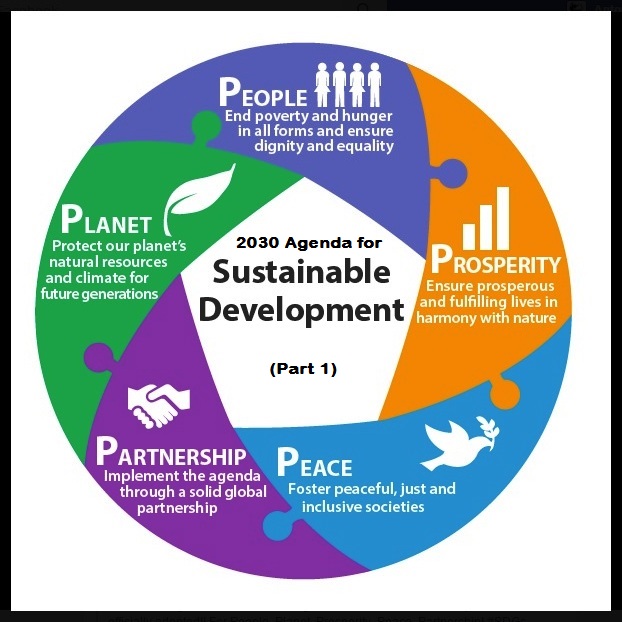 Is the Caribbean likely to achieve the Sustainable Development Goals set out by the United Nations its 2030 Agenda for Sustainable Development?
Is the Caribbean likely to achieve the Sustainable Development Goals set out by the United Nations its 2030 Agenda for Sustainable Development?
The tide of globalisation has yet to lift all boats. For too many, the path to prosperity has proven elusive’. That was the profound observation of United Nations Secretary-General, António Guterres, at the opening of the Belt and Road Forum in Beijing on 14 May 2017. ‘We also know’, he said, ‘that millions of people are being left behind’.
The 12 Commonwealth Caribbean small states certainly fall among the millions of people that globalisation has left behind, and their predicament is likely true for all Commonwealth small states.
Unquestionably, in the last two decades large developing countries, such as China and India, have taken advantage of globalisation and profited enormously. But, apart from a handful of countries in Southeast Asia—the so-called ‘Asian tigers’, the rest of the world has not gained the benefits that the proponents of globalisation touted. The scale of inequality in the global political economy has worsened.
Small Commonwealth economies in the Caribbean, taken collectively, did not gain at all from globalisation.
A few statistics tell the story:
| • | China’s share of the world’s gross domestic product (GDP) rose from 4.1% in 1990 to an astonishing 17.86% by 2016; India’s share grew from 3.6% to 7.3% over the same period. |
| • | The major advanced economies—the G7—Canada, France, Germany, Italy, Japan, the United Kingdom and the United States—fell from more than 50% in 1990 to 30.96% in 2016. But having started off from a high level of development, even their reduced market share contributed to their growing prosperity. |
| • | The improvement in sub-Saharan Africa’s share was less than half a per cent; and the Middle East and North Africa’s share was also marginal. |
| • | Latin America and the Caribbean’s share of the world’s GDP actually declined from 10% to 7.9%. The small countries of the Caribbean were the worst losers in the region. |
The increase in GDP share by some developing countries did little to close the gap between first-world countries and developing nations. For example, a study by Bertelsmann Stiftung, a non-profit think-tank in Germany, revealed that while the income per head of population increased in the top 20 industrialised nations by roughly US$1,000 per year, people in countries such as Mexico, China and India received less than US$100. Further, as one example of how well the industrialised nations did, Germany’s real GDP grew by an average US$100 billion every year between 1990 and 2011—a total of US$2 trillion.
For the Caribbean, globalisation has been a one-way street of impositions by powerful countries: fiscal sovereignty has been violated by the strong; tax competition remains under threat from the mighty; economic growth and development have been impeded by unfair and unequal trade arrangements; and the real perils that global warming and sea-level rise pose to the very existence of Caribbean islands are intensifying. As a consequence of this, many, if not all of them, are unlikely to achieve the much-vaunted 17 Sustainable Development Goals set out by the United Nations in 2015 in its ‘2030 Agenda for Sustainable Development’.
Despite current forecasts by the International Monetary Fund (IMF) of world growth rising from 3.1% in 2016 to 3.5% in 2017 and 3.6% in 2018, Caribbean countries, with a few exceptions, will continue to face fiscal and structural constraints that will make it hard to manage financial, economic and other forms of volatility.



